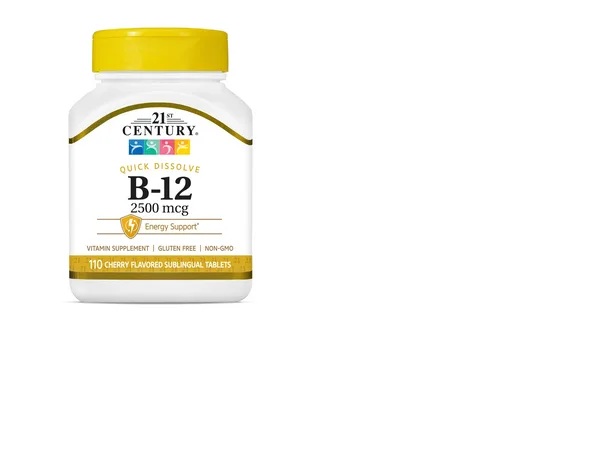Centaury, scientifically known as Centaurium erythraea, is a flowering plant belonging to the Gentianaceae family. Native to Europe and parts of Asia, centaury has a long history of use in traditional herbal medicine. Revered for its purported medicinal properties, centaury supplements have gained recognition for their potential health benefits in recent years. In this comprehensive guide, we’ll delve into the origins, nutritional composition, therapeutic applications, dosage recommendations, and safety considerations associated with centaury supplements.
Understanding Centaury
Origins and Traditional Use
Centaury has been esteemed for its medicinal properties since ancient times. The plant derived its name from the mythological centaur Chiron, who was said to have used centaury to heal wounds. Throughout history, centaury has been used in various traditional medicine systems, including European herbalism and Ayurveda. Traditionally, centaury has been valued for its digestive, hepatic, and tonic properties.
Nutritional Composition
Centaury contains a variety of bioactive compounds that contribute to its therapeutic effects, including iridoids, flavonoids, phenolic acids, and bitter principles. These phytochemicals are believed to exert a range of pharmacological actions, including anti-inflammatory, antioxidant, and hepatoprotective effects. Additionally, centaury is rich in vitamins and minerals, further enhancing its nutritional profile.
Health Benefits of Centaury Supplements
Digestive Support
Centaury is prized for its digestive benefits, particularly its ability to stimulate appetite, improve digestion, and alleviate gastrointestinal discomfort. The bitter principles present in centaury help stimulate the production of digestive enzymes and gastric juices, promoting the breakdown and absorption of nutrients. Centaury supplements may be beneficial for individuals experiencing indigestion, bloating, or poor appetite.
Liver Health
In traditional herbal medicine, centaury has been used to support liver health and promote detoxification. The hepatoprotective properties of centaury are attributed to its antioxidant and anti-inflammatory compounds, which help protect liver cells from damage and enhance liver function. Centaury supplements may aid in liver detoxification and support overall liver health.
Appetite Stimulation
Centaury is known for its ability to stimulate the appetite and improve digestion, making it a valuable remedy for individuals with poor appetite or eating disorders. The bitter taste of centaury helps trigger the release of digestive juices and stimulate the appetite center in the brain. Centaury supplements may be used to increase appetite and promote healthy eating habits.
Anti-inflammatory Effects
Centaury exhibits anti-inflammatory properties, which may benefit individuals with inflammatory conditions such as arthritis, gastritis, or inflammatory bowel disease (IBD). The bioactive compounds in centaury help reduce inflammation by inhibiting pro-inflammatory enzymes and cytokines. Regular supplementation with centaury may help alleviate pain and inflammation associated with these conditions.
Antioxidant Protection
Centaury is rich in antioxidants, which help neutralize harmful free radicals and protect cells from oxidative damage. The flavonoids and phenolic acids found in centaury scavenger free radicals, reducing the risk of chronic diseases such as cancer, cardiovascular disease, and neurodegenerative disorders. Antioxidant-rich centaury supplements may help support cellular health and mitigate the effects of aging.
Dosage Recommendations
Herbal Preparations
Centaury supplements are available in various forms, including capsules, tablets, tinctures, and teas. Dosage recommendations may vary depending on the formulation and the specific health condition being targeted. However, a typical dosage range for centaury extract is 500-2000 milligrams per day. It is advisable to follow the dosage instructions provided on the product label or consult with a healthcare professional for personalized recommendations.
Safety Considerations
Generally Recognized as Safe
Centaury supplements are generally considered safe for most individuals when taken at recommended doses. However, some people may experience mild side effects, including gastrointestinal upset or allergic reactions. It is essential to start with a low dose and monitor for any adverse reactions. Pregnant or breastfeeding women should consult with a healthcare professional before using centaury supplements.
Potential Interactions
Centaury supplements may interact with certain medications or medical conditions. Individuals taking medications for blood pressure, diabetes, or blood thinning should exercise caution and consult with a healthcare professional before using centaury supplements. Additionally, individuals with known allergies to plants in the Gentianaceae family should avoid centaury supplements or use them under medical supervision.
Conclusion
Centaury supplements offer a range of potential health benefits, including digestive support, liver health promotion, appetite stimulation, anti-inflammatory effects, and antioxidant protection. With its long history of traditional use and diverse array of bioactive compounds, centaury continues to be valued as a versatile botanical remedy. By incorporating centaury supplements into a balanced lifestyle, individuals can harness the medicinal properties of this esteemed plant to support
- Benefits of Chickweed Supplements - March 30, 2024
- Benefits of Cramp Bark Supplements - March 30, 2024
- Benefits of Cantaury Supplements - March 21, 2024

